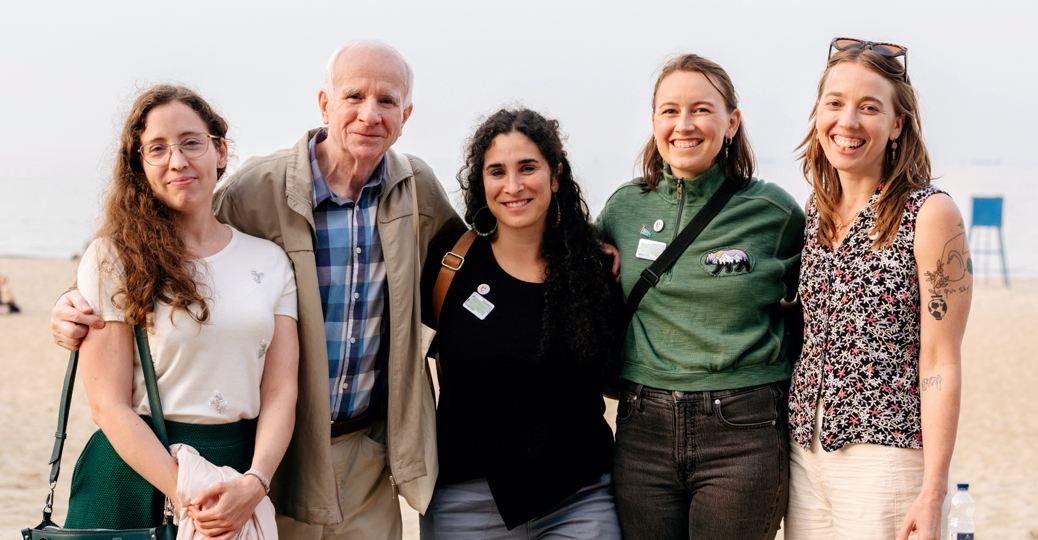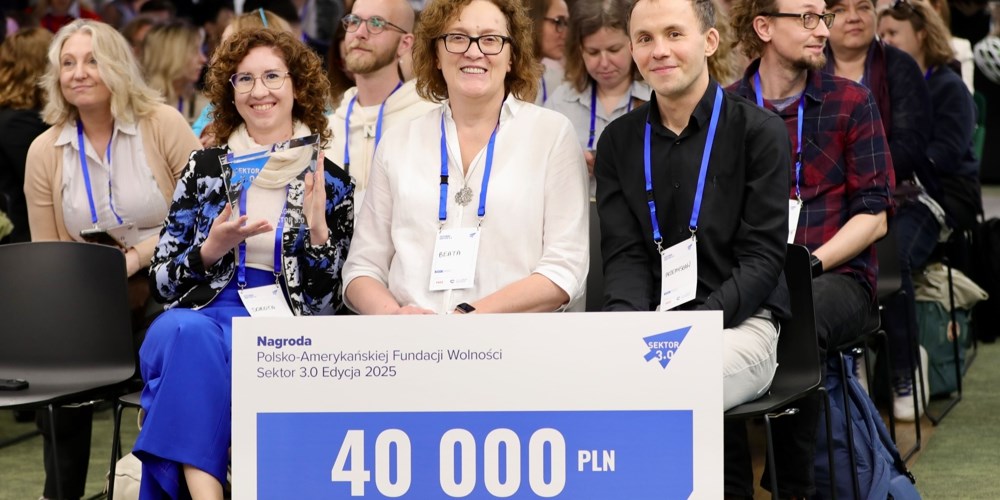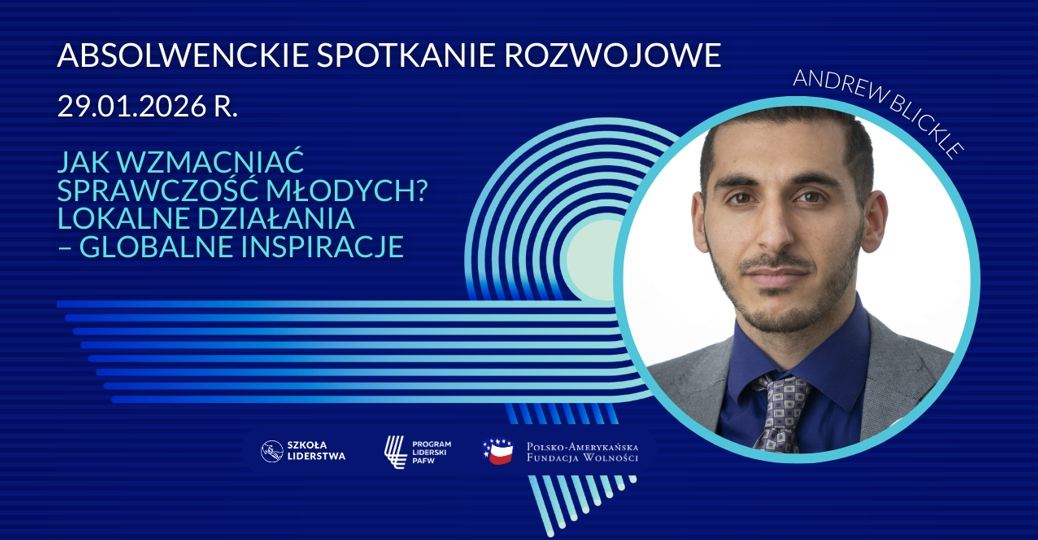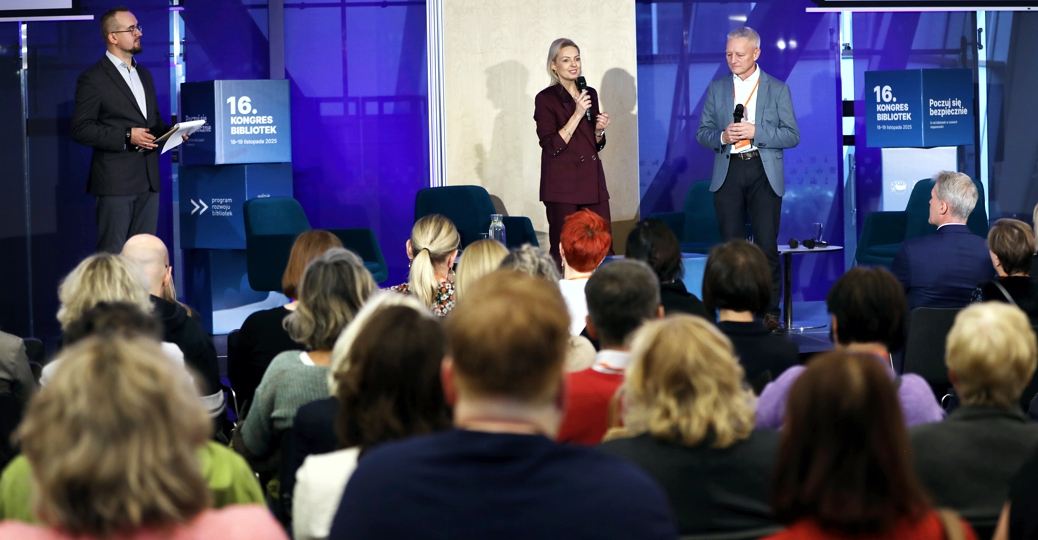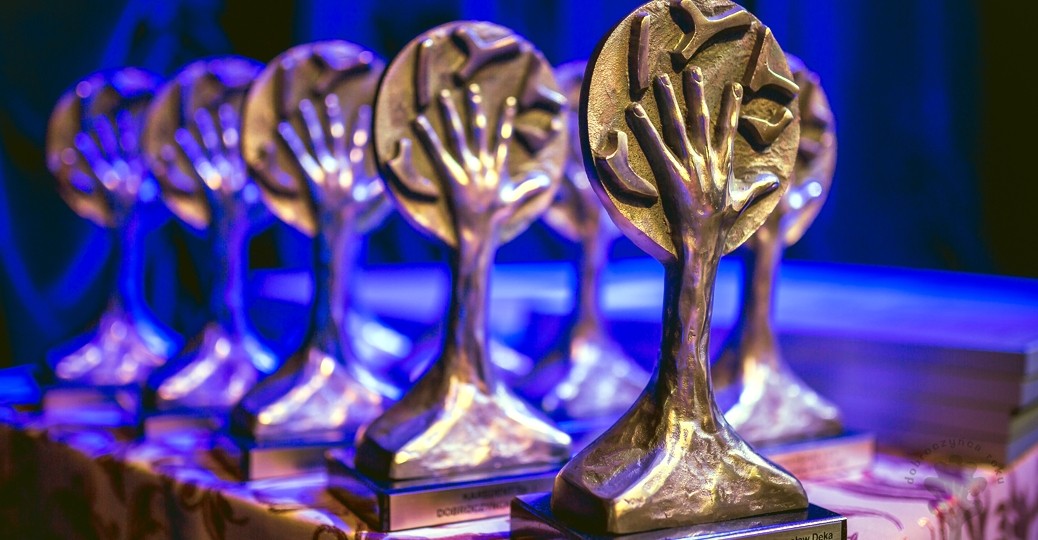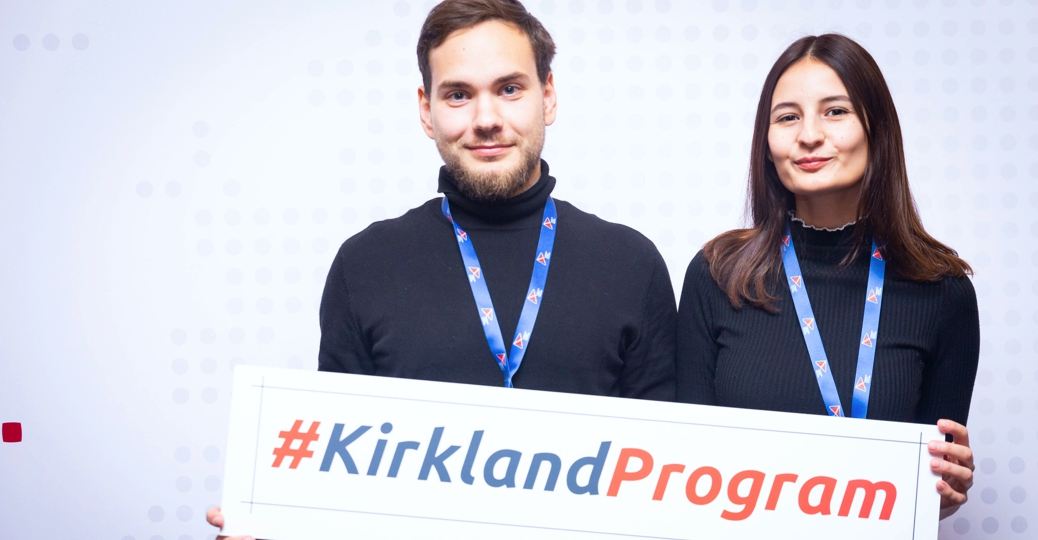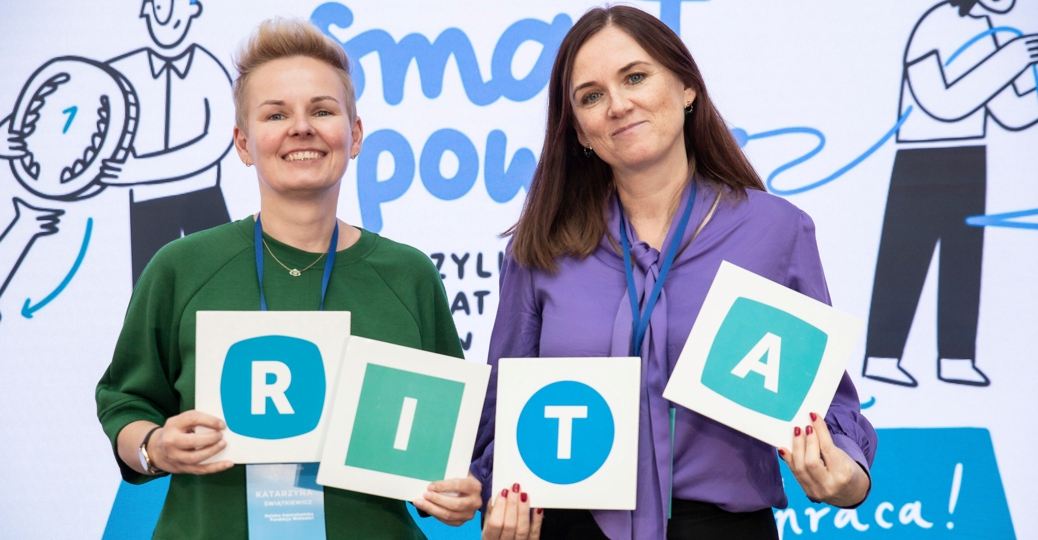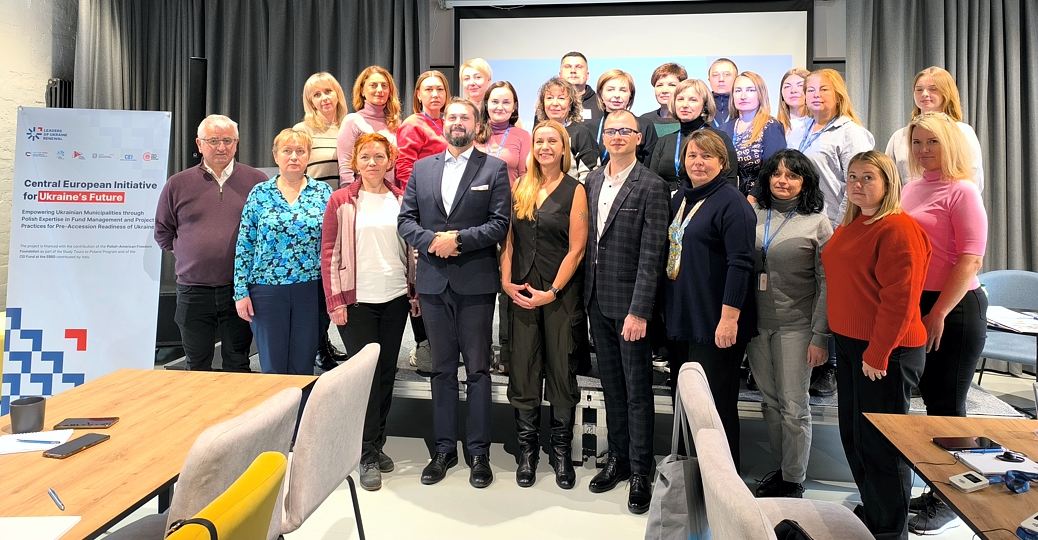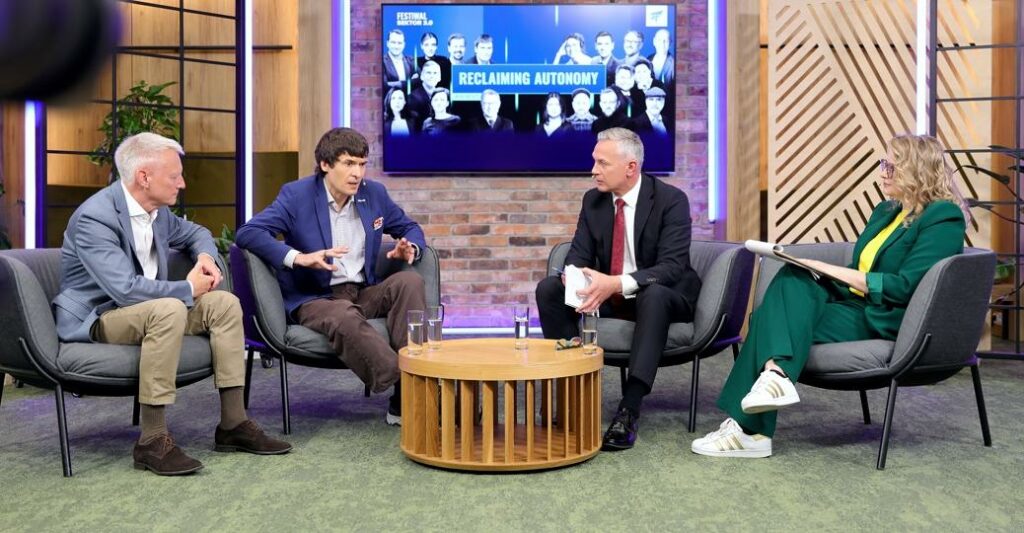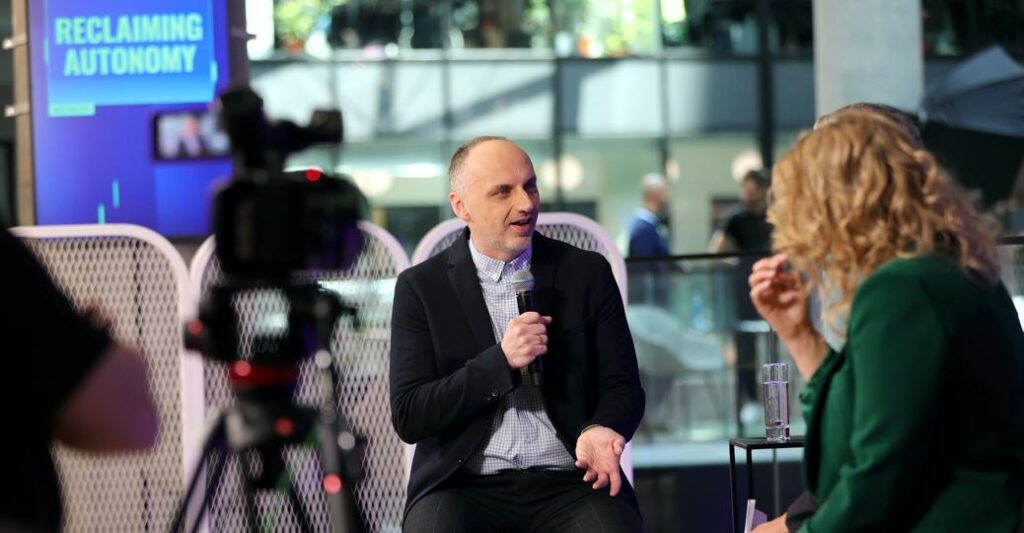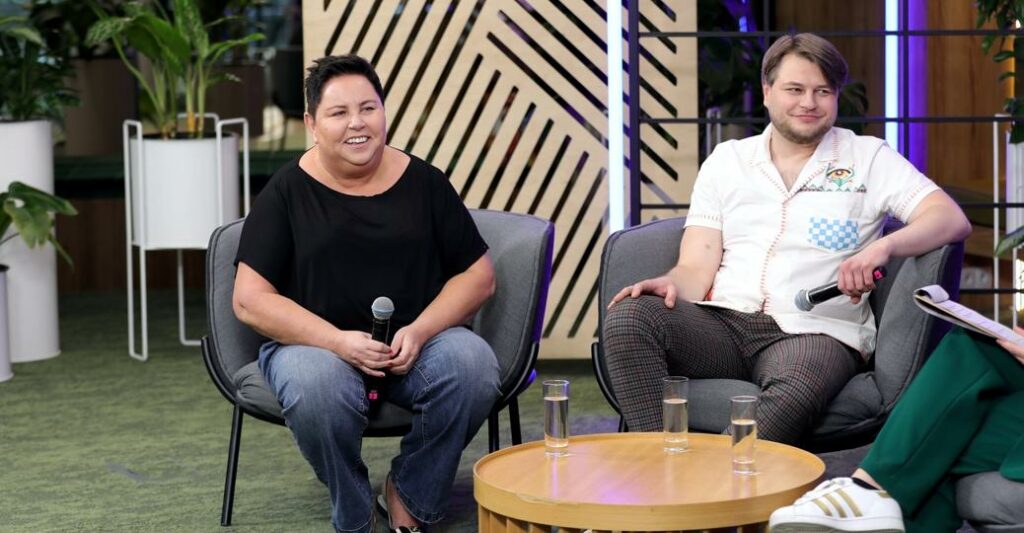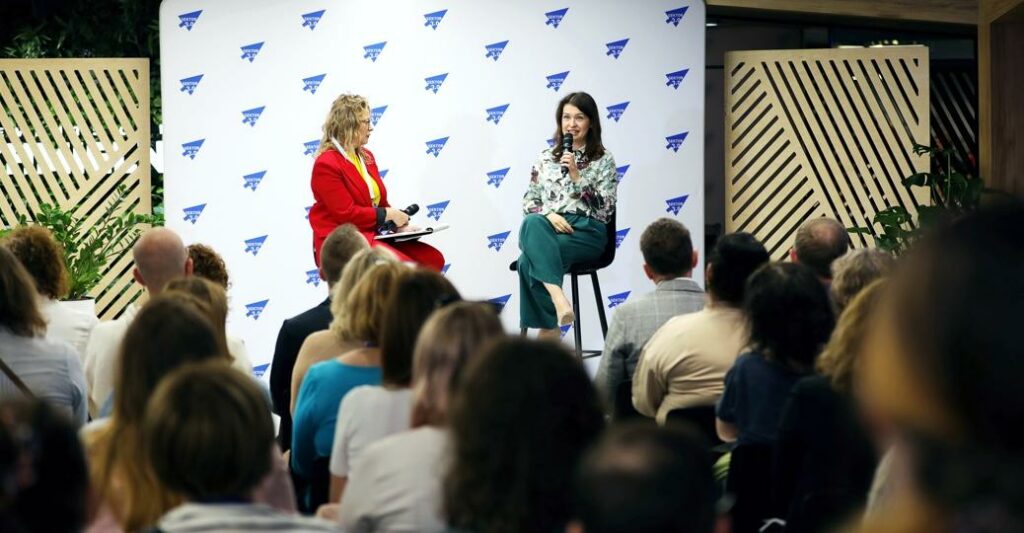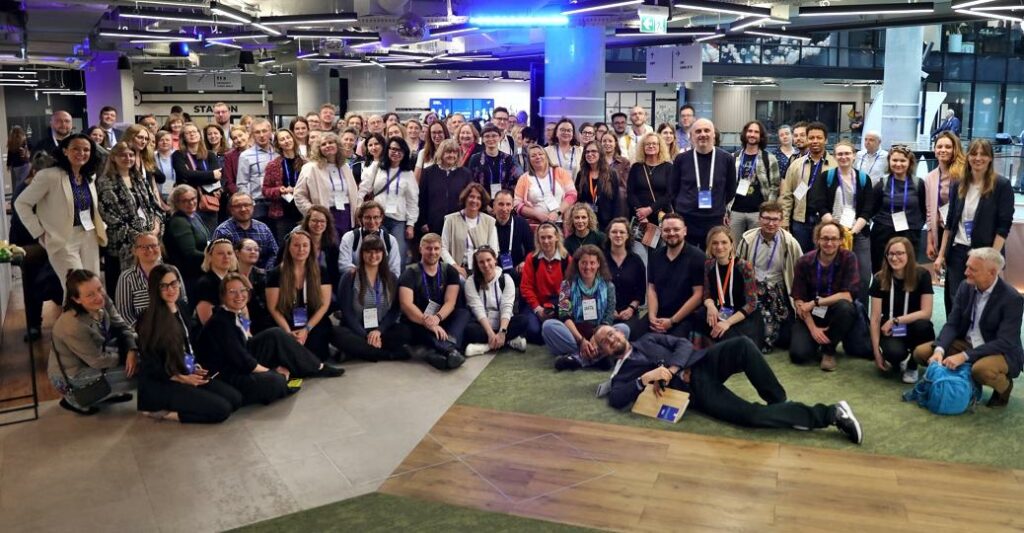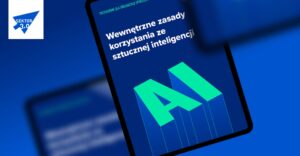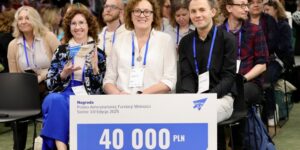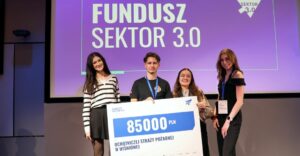Is autonomy a luxury we can no longer afford? At a time when technology is outthinking our choices and artificial intelligence is completing our thoughts and sentences for us, the Sector 3.0 Festival invited us to something more than just a discussion. It was about reclaiming empowerment. Two days under the theme Reclaiming Autonomy brought together more than a thousand people from all over Poland and abroad. Not to learn what the new tools can do, but to ask together how to use them wisely.
The Sector 3.0 Festival showed us perfectly how to take back control
The Sector 3.0 Festival posed the question of what digital autonomy means today. Conversations revolved around privacy, digital hygiene and new models of responsibility in a world dominated by data and algorithms.
Speakers included Dariusz Rosiak, Prof. Sir David Omand, Natalia Hatalska, Eliot Higgins, Michał Figurski, Marta Niedźwiecka, and Artur Kurasiński. Their speeches formed a story about the need for suspicion, a new form of agility and technologies that can give away control.
Workshops and on-site sessions at CIC Warsaw showed how to turn theory into practice. The participants learned how to protect data, respond to incidents and make informed use of AI. All this with the support of experts from the Polish Space Agency, NASK, Orange, Microsoft, CampusAI, Panoptykon Foundation or Digital Creators Foundation.
The Sector 3.0 Prize went to the Federation of Polish Food Banks, an organization that has moved from Excel to advanced ICT systems. Their platform connects producers and donors with those in need, showing that digital transformation really can serve good.
This year’s theme for the Sector 3.0 Festival was building digital resilience and autonomy. In an era of rapid development of artificial intelligence and rapid growth of data, we have more and more challenges related to disinformation and privacy issues, for example. “Our goal was to address this topic, which, due to the degree of difficulty, is often overlooked,” director of the Sector 3.0 program Dr. Dawid Szarański said opening the event.
Because this year was not about fetishizing technology or demonizing algorithms. It was about attentiveness. About the ability to stop before you click “I agree.” About asking: what will my data say about me tomorrow, next month, next year? Psychologist Marta Niedźwiecka, author of the podcast “On Twilight,” pointed out that autonomy is not lost as a result of a single decision, rather it dissolves slowly.
“In order to take good care of autonomy in the digital world, we, first of all, need to understand that there are very many entities that try to take this autonomy away from us (…) To cultivate in ourselves not so much a deep distrust, but such a standard suspicion of what my data can be used for, what observation of my behavior can be used for,” the expert explained.
It was this critically empathetic tone that marked the entire Festival. There was a constant reminder that autonomy is not a luxury for geeks but is an essential form of taking care of oneself in a world that increasingly relies on digital interactions.
People who matter
Among the participants, people whose actions grow out of their missions dominated. There were social activists, educators, NGO activists, representatives of local governments and CSR departments present. For many of them, this was not just a conference. It was a shot of courage.
The live broadcast of the first day of the Festival was watched by more than 1,000 people from all over Poland, while nearly 200 people showed up on-site at CIC’s Warsaw Innovation Campus to participate in seven practical workshops. Experts from NASK, Orange, Microsoft, CampusAI or the Digital Creators Foundation led sessions that didn’t start with theory, but with everyday problems that hinted at how to configure MFA, how not to get phished, or how to take care of team privacy without budgeting for IT departments.
On the other hand, the main stage hosted talks that often touched on topics more personal than technological. Magdalena Bigaj and Aga Kozak pondered what free time means today, if the time “saved” thanks to AI is immediately filled with more tasks.
“I would like you to replace FOMO with POMO – proud of missing out. When, trying to spend time without a screen, you will feel frustration or discomfort, be proud that you are taking on this challenge despite everything. Not everyone can afford it,” explained Magdalena Bigaj of the Digital Citizenship Institute Foundation.
AI as an opportunity, not a fate
Artificial intelligence, present as never before, was treated this year like a roommate that one must learn to understand. Jacek Królikowski of the Information Society Development Foundation of was clear: “Artificial intelligence is accused of wanting to take us over, direct us, and so on. I absolutely have no such concerns. I believe that this is a tool on which we can largely have control. We are the ones who initiate the process, we are the ones who ask the questions, we are the ones who decide whether we will incorporate the effects of this interaction into our actions or not. Rather, I think it increases our control in the sense that before the era of chat rooms, we simply had a flood of information and search engines as a tool. This was a little frightening. Now we have the ability to shell the information we need, to give it structure, so I think this is absolutely more control.”
Natalia Hatalska, on the other hand, spoke about “cognitive laziness,” which is becoming the biggest threat in the age of AI. Her diagnosis was merciless, but constructive. After all, it’s not about being always on, but about being attentive when this thing starts thinking for us.
Cyberhygiene instead of paranoia
Anxiety? Yes, it was present. It’s no coincidence that as many as 62% of participants said they felt anxiety or stress about digital security. But it wasn’t paralyzing anxiety, and the Festival showed that digital hygiene is not rocket science. It’s a ritual that includes changing passwords, enabling two-factor authentication, and updating software.
“You don’t have to be the most secure organization in the world. It’s enough to be a little more secure than others,” Maciej Broniarz of CERT-NGO said. This kind of advice, devoid of marketing pathos, was one of the greatest strengths of this year’s event.
When technology saves food
The culminating moment of the event was the presentation of the Polish-American Freedom Foundation Sector 3.0 Prize. This year the Federation of Polish Food Banks was honored, an organization that shows that technology in the service of society does not have to mean futuristic projects. Sometimes a well-functioning system for managing the donation of surplus food is enough.
The federation has connected 31 branches across Poland with producers, retail chains and NGOs, creating an automated logistics ecosystem. This not only saves food, but also thousands of people.
“I remember the beginnings of the Food Bank in Krakow, where I started. We worked on Excel then and issued release documents by hand. Today that would be impossible. We have hundreds of thousands of handovers and transfers. Technology is necessary, so let’s not be afraid to act,” Beata Ciepła, President of the Federation of Polish Food Banks, said receiving the prize.
As chairman of the Competition Committee Radosław Jasiński pointed out, the winner not only uses ready-made solutions, but also creates its own. They are tailored, practical and simply effective.
What are the results of the Festival?
The Festival is over, but much of what has happened is only now beginning to live its own rhythm. We will see this soon in decisions, but also in everyday conversations or small changes in habits. After all, Sector 3.0 was not meant to provide ready answers, but to help regain influence in a world that increasingly tries to think for us.
The Festival proved that it is a place not to simplify reality, but to help understand it better. And while the numbers are impressive – 46 speakers, 30 sessions, 5 hours of broadcasting – they are not the ones that bring the most value. What’s most valuable is what’s left between the words – the sense that technology doesn’t have to take away our voice. It can be a space to reclaim it.









